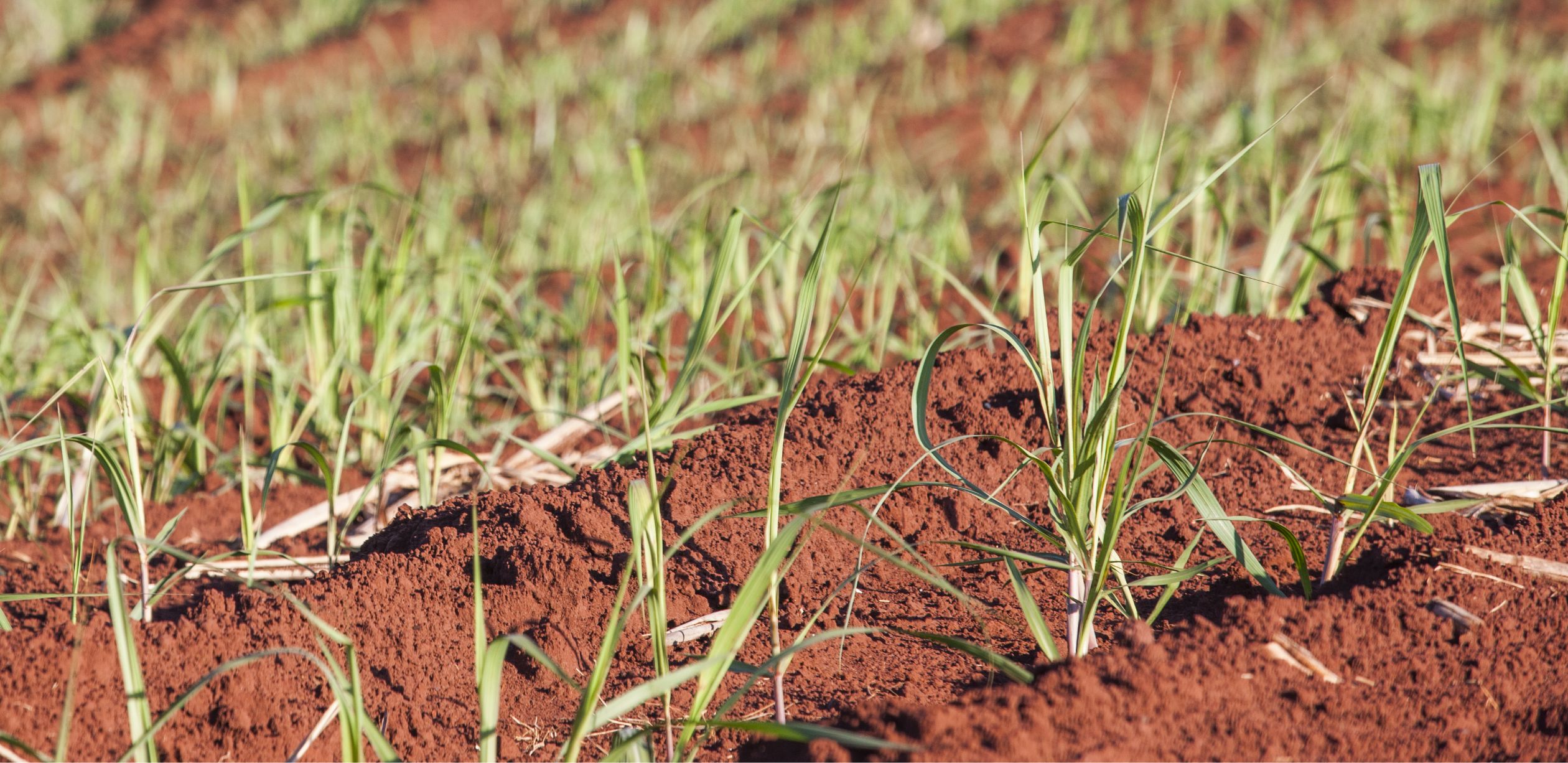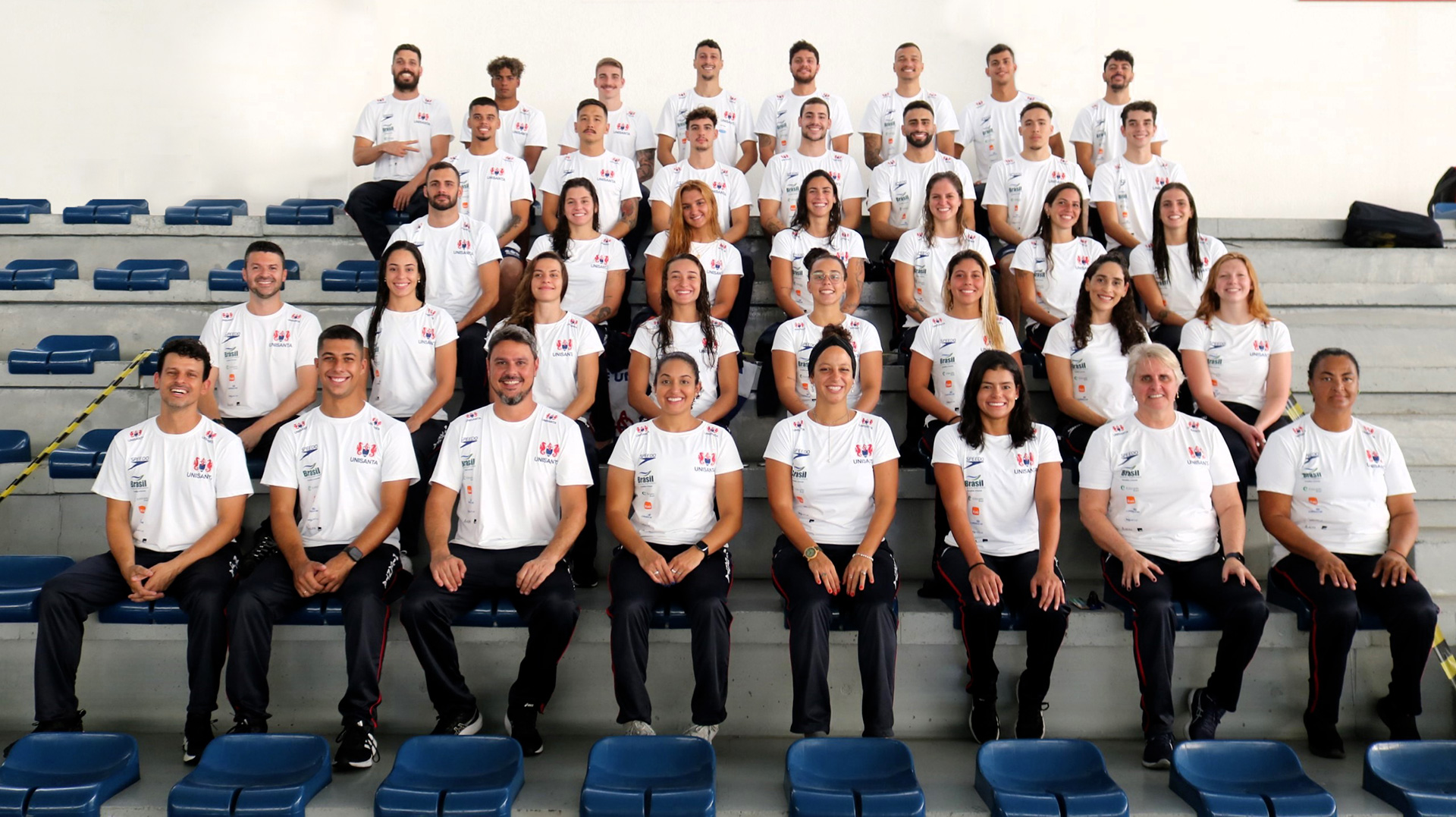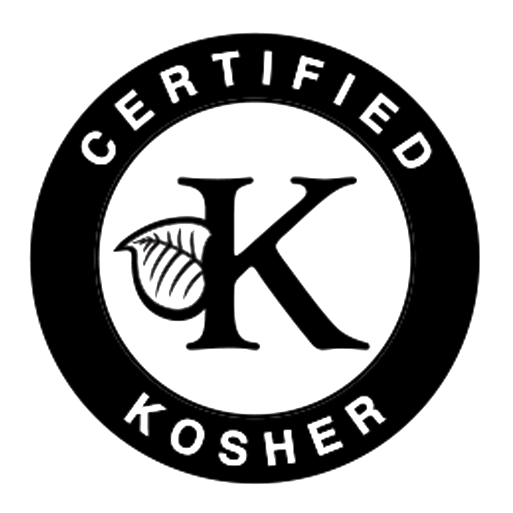It's in our nature to care for the planet and people
A commitment to making a positive impact is embedded in everything we do, from the very beginning
The knowledge gained by the legitimate Brazilian producer spreads throughout our entire ecosystem, helping to build a culture of sustainable business ready to contribute to a low-carbon economy and the growth of society as a whole.
Sustainable from the origin
As a benchmark in implementing low-carbon production processes with strong social impact, the Copersucar Ecosystem leads in providing products that help decarbonize the transportation, electricity, and industrial production chains.
Data from the 24/25 Crop Year:
and the United States
avoided 26+ MM
tCO2eq equivalent to 12.5 MM of gasoline-powered vehicle emissions in
one year
CBIOs (RenovaBio
decarbonization
certificates) issued,
equivalent to the
mitigation of 6 MM
tCO2eq
used, replaced by 2.6 MM m3 of biomethane 4,000+
tCO2eq avoided
removed 100,000+ tanker trucks from circulation in urban
areas each year 87,000
tCO2eq avoided
tCO2eq per ton of crushed sugarcane, a benchmark for efficiency in the sector
to move sugar avoided 53,000
tCO2eq
in the ecosystem
GWh of renewable biomass electricity generated by partner mills, equivalent to the energy consumption of a city such as Rotterdam, in the Netherlands
sugar traded
throughout the world
sent for composting,
recycling and/or
co-processing
Sustainable sugarcane
Efficient production relies on intelligent use of natural resources, innovation, and regenerative methods. Learn about the management best practices implemented at the mills we work with.
Soil management
and improves moisture retention.
Circular economy
and biofertilizers that reduce the need for synthetic inputs.
Water management
Biological control
Technology in the field

Strengthening
local communities
The Copersucar Social Investment Policy prioritizes social projects focused on education for communities in the regions where our ecosystem operates.
Social impact of the
Copersucar Ecosystem:
directly and indirectly
by social projects
supported

Copersucar Ecosystem Certifications:

RenovaBio
Created in 2017, the RenovaBio Program aims to encourage the replacement of fossil fuels with renewable alternatives, such as ethanol and biodiesel.

METI Japan
Requirement for exporting ethanol to the Japanese market.

FSSC 22000
Food safety management system with additional specifications.

ISO 22000
Food Safety Management System.

Bonsucro
Voluntary international certification scheme exclusively for sugar cane.

SMETA
International audit focused on assessing sustainability standards.

EPA RFS2
Requirement for exporting ethanol to the American market, demanded by the Environmental Protection Agency (EPA).

ISCC CORSIA Plus
International voluntary certification scheme for sustainable aviation fuels (SAF).

LCFS
Requirement for exporting ethanol fuel to the California market, stipulated by the California Air Resources Board (CARB).

Halal
Certifies processes and products in accordance with Islamic Law.

ISO 9001
International standard that defines the requirements for a Quality Management System (QMS).

ISCC PLUS
Global certification system that addresses the sustainability and traceability of bio-based, circular and renewable raw materials across all supply chains.

Kosher
A kosher certificate confirms that a product has been properly examined and monitored from the perspective of Jewish dietary laws.
Governance
Copersucar adopts sustainable practices, tracking environmental, social, and economic impacts with guidance from the Board of Directors and the Sustainability Committee. Since 2009/2010, it has published reports aligned with the Global Reporting Initiative (GRI), audited by an independent company to ensure transparency.
The company also runs an ethics channel, managed by a specialized organization, which receives reports anonymously of potential misconduct, ensuring confidentiality, impartiality, and proper investigation.
See all our
Sustainability
Report editions
Our Sustainability Reports provide details on how the Copersucar Ecosystem contributes to food security and the decarbonization of the energy sector. All data is approved by the company’s governance and externally assured.